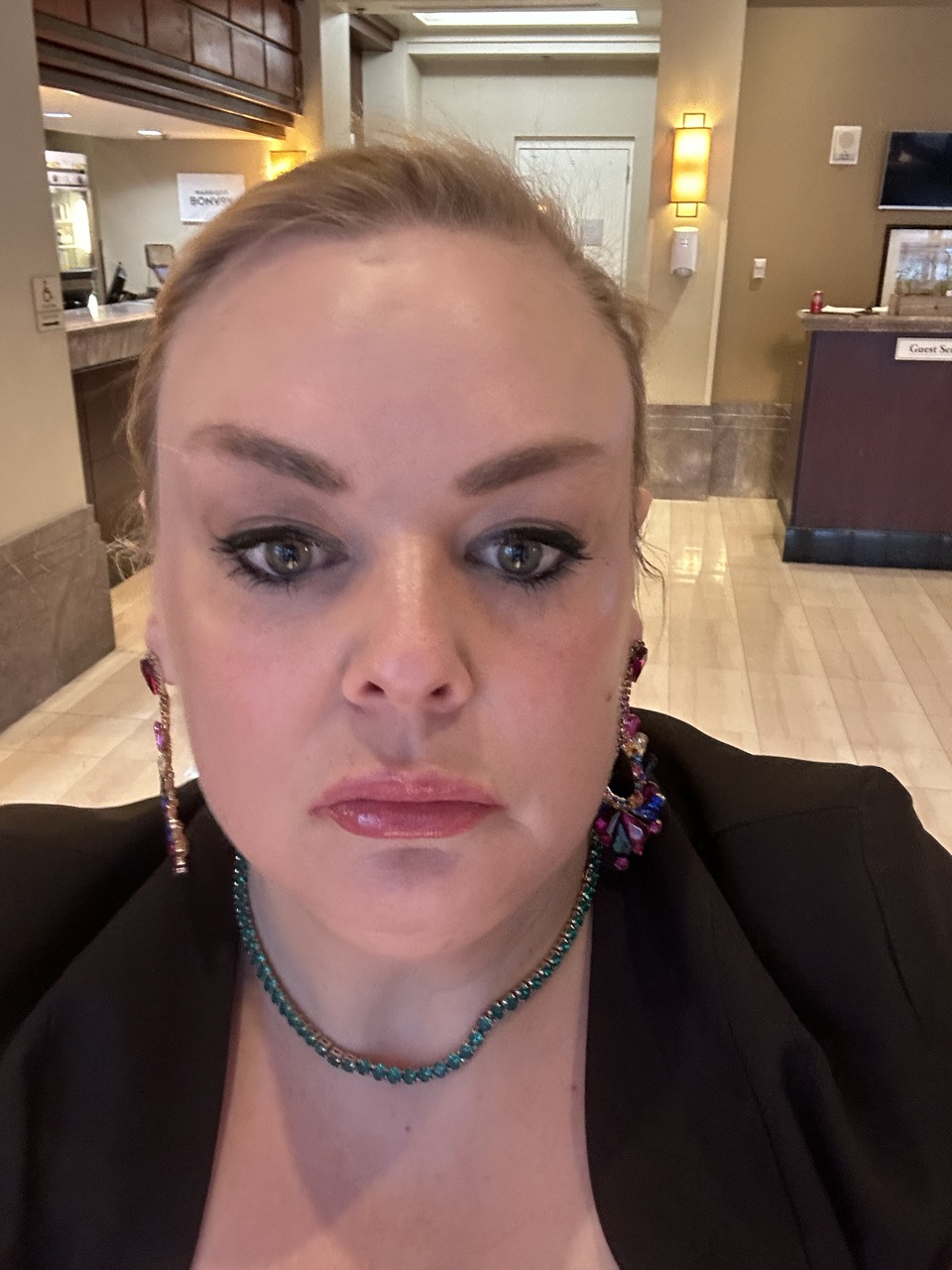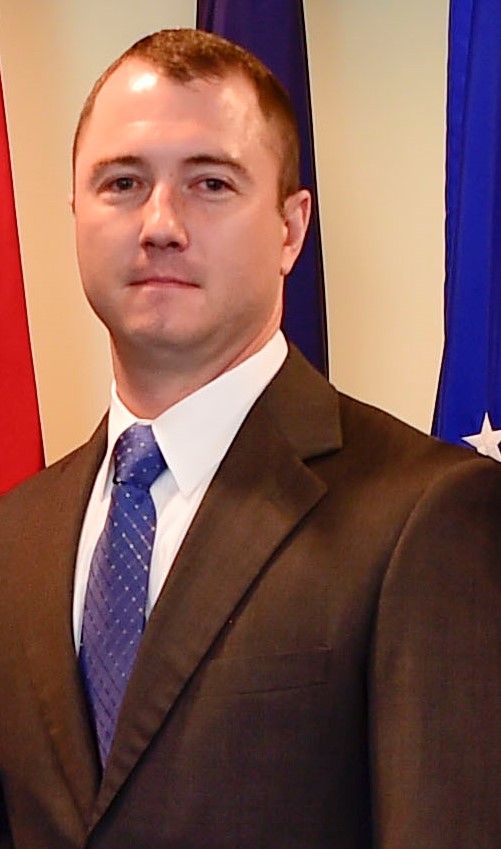Bachelor of Science with a Major in Organizational Leadership
The Bachelor of Science in Organizational Leadership is delivered fully online through a partnership with USG eMajor in collaboration with other University System of Georgia schools. Housed in the UWG College of Social Sciences, the program provides a true interdisciplinary opportunity. The degree allows for a large amount of student personalization through elective credits and credit for prior learning opportunities.
The University of West Georgia offers a concentration in public service.
Visit the UWG Online page and learn more about this exciting new program and for important information about enrolling in an eMajor program at UWG.
For more information, please see the Academic Catalog. A program brochure and program map, which provides a guide for students to plan their course of study, are available for download in the Courses tab below.
The University of West Georgia offers a concentration in public service.
The concentration in public service will prepare students for employment in any area of the public sector including public safety (law enforcement, fire and rescue), state and local public administrators, and non-profit management. In addition to opportunities in the public sector, the program's core focus on communication, ethics, organizational development, project management, and leadership will enable graduates to leverage the degree for work or advancement in a broad range of careers in the public, community, and private sectors.
Major Declaration Form
Program Location
Online
Method of Delivery
Coursework is available 100% online.
Accreditation
The University of West Georgia is accredited by The Southern Association of Colleges and Schools Commission on Colleges (SACSCOC).
Credit and transfer
Total semester hours required: 120
Maximum Hours Transferable into program: 90
A transfer credit evaluation will be completed by the UWG Transfer Team (transfer@westga.edu). Course application to a program is subject to review by the department.
$199 per credit hour
Please check the eMajor fee listings (PDF) on the Bursar's web site.
This program is offered entirely online. Though a student may choose to sign-up for a face-to-face elective or core course, one can earn this degree completely online.
Save money
UWG is often ranked as one of the most affordable accredited university of its kind, regardless of the method of delivery chosen. In addition, online courses and programs can mean a huge cost-savings in many non-evident ways: No more high gas charges. No childcare needed. The flexibility can allow one to maintain a job while attending school. Regardless of state residency, out-of-state non-resident students are not charged non-resident tuition for online course credit hours.
Details
- Total tuition costs and fees may vary, depending on the instructional method of the courses in which the student chooses to enroll.
- The more courses a student takes in a single term, the more they will typically save in fees and total cost.
- Face-to-Face or partially online courses are charged at the general tuition rate and all mandatory campus fees, based on the student's residency (non-residents are charged at a higher rate).
- Fully or entirely online course tuition rates and fees my vary depending on the program. Students enrolled in exclusively online courses do not pay non-Resident rates.
- Together this means that GA residents pay about the same if they take all face-to-face or partially online courses as they do if they take only fully online courses exclusively; while non-residents save money by taking fully online courses.
- One word of caution: If a student takes a combination of face-to-face and online courses in a single term, they will pay both all mandatory campus fees and the higher eTuition rate.
- For the cost information, as well as payment deadlines, see the Student Accounts and Billing Services website
There are a variety of financial assistance options for students, including scholarships and work study programs. Visit the Office of Financial Aid's website for more information.
Downloads
Major Required
30 hours required for all concentrations:
Intensive practice in composing powerful audience-driven documents in a variety of real-world business, professional and technical contexts. Students will also learn how to make effective business-related presentations supported with appropriate documentary and visual aids.
An introduction to the basic skills of oral and written communication, and self-presentation in a business or professional environment.
An introduction to the major conceptual frameworks for reflective learning, which requires students to reflect on and document their own assumptions, beliefs and biases, and how they have affected their prior learning experiences.
This is a one-hour seminar that develops students understanding of the conceptual frameworks for reflective learning and asks students to reflect on and document the social networks, environmental context, and political contexts that have affected their prior learning experiences.
A broad survey of major topics in Organizational Development including but not limited to Introduction to organizational process; creation of organizational growth climates/cultures; examination and selection of effective leadership styles and effective modes of communication; coping with the future in periods of accelerating change.
This course introduces the student to the relationship between technology and organizations. As technology changes, public, private, and non-profit organizations must decide whether to keep existing technologies, when and how to integrate new technologies, and whether to be a technology leader or follower. The course explores the possibilities, challenges, and issues faced by organizations as they review technologies. This course is designed for both technically and non-technically oriented undergraduates who want to understand how technology impacts an organization and the factors involved in an organization s technological decisions.
A seminar including critical self-evaluation of prior learning experiences using frameworks for reflection; analysis and development of the student s own capacity to adapt and transform his/her own learning practices.
A capstone course in which students will demonstrate comprehensive understanding of reflective learning, conceptual frameworks, and goals of their degree.
An introductory examination of the characteristics of the public organization and its impact on society. Analysis of the theories of public administration, personnel issues, budgetary activities, legal dynamics, as well as historical development of the field are included.
A study of the equity and economic effects of government spending programs, taxes, and debt. The course is primarily applied microeconomics. Same as ECON 4440.
This course will discuss the theory, principles, tools, and techniques necessary to build a solid project management foundation. The Project Management Institute s (PMI) standards for project management will be emphasized throughout the course.
This course will examine the processes, policies, procedures and laws concerning public personnel. It will also cover the issues of employee protection, motivation, efficiency and responsibility.
Major Selects
Pick 12 hours (4 courses) from the following:
Analysis and application of interpersonal, small-group, and mediated communication skills as effective speaking, listening, negotiation, conflict management, presentation, and media interviewing.
Students may receive academic credit for personal experience in non-profit organizations, the political process, or public employment. Credit hours only apply toward electives.
This course examines ethical questions that can arise in the professions and occupations, such as: Is my privacy violated when my job requires that I be tested for drugs? What should I do if I know that my employer is making an unsafe product? Should physicians ever lie to their patients? Do corporations have any responsibilities beyond making a profit for their shareholders? The course also examines more theoretical issues concerning professionalism and the professions, such as the nature of the relationship between professionals and clients and the connection between ordinary and professional morality. Required for philosophy majors in the Law and Justice track.
An analysis of diverse public policy issues, as well as the decision process leading to the formulation of government policy. An analysis of societal factors that influence policy, and the effect of government policy on society.
POLS 3601 Political Science Methods II Credits: 3.0 As a sequence of POLS 2601, this course focuses on quantitative research methods for political science. Students are introduced to quantitative data collection methods and basic statistical analyses. Lecture: 3.00 Lab: .00 College: College of Social Sciences Department: Political Science/Planning Pre-requisites: POLS 2601
An examination of the interactions between various levels of government, nonprofit and private organizations in the federal system.
Various changes in the management of public organizations are identified and analyzed. Includes the role of technology, modification of the relationship between public and private spheres, and current trends in the management of change and supervision of a diverse work force.
This course is designed to explore the theoretical principles and practical applications of management for charities and/or nonprofit organizations. The underlying thesis of this course is that by understanding fundamental principles such as developing effective mission and objectives statements, fundraising, marketing and accounting strategies, nonprofits can become more effective and responsive to their constituency's needs. The course will include a field research component.
This course introduces students to the world of grant-writing and management, and provides an opportunity to experience writing actual grants. Students will learn the process of identifying prospective funders, developing relationships with funders, understanding the basics of writing grants, submitting proposals, working as a collaborative, and preparing for the follow up. Students will apply course learning to write and prepare actual grant proposals.
This course introduces the student to the relationship between Administrative Law and American Government as well as the ethics and challenges inherent in Administrative Law decision making. It is designed for undergraduates who are interested in public administration and public policy. While the course reviews and discusses the cases that form the basis of administrative law, the focus is on the understanding and application of principles rather than case law.
A survey of the major theories of organizational design and behavior with an emphasis on comparisons of public, private, and nonprofit agencies.

Kathleen Barrett
Associate Professor & Associate MPA Director
Melanie Conrad
Associate Dean & Senior Lecturer
Sheikh Tijan Drammeh
Senior Lecturer
Amy Ellison, M.A., M.L.I.S.
Senior Lecturer
Anthony Fleming
Associate Professor & Chair
Jade Kierbow Loicano, M.A.
Senior Lecturer
Sooho Lee
Professor & Graduate Coordinator of Public Administration
Heather A. D. Mbaye, Ph.D.
Professor & Program Coordinator of Political Science
Dylan S. McLean, Ph.D.
Professor


Walter Riker, Ph.D.
Associate Professor of Philosophy
Paul Rutledge, Ph.D.
Professor
Crystal Shelnutt, M.A., M.B.A., Ed.D.
Senior Lecturer
Misty Wilson
Senior Lecturer & Communication Studies HeadGuidelines for Admittance
Enrolling in an eMajor Program
- Before you can register for an eMajor class at UWG, you must be an admitted student. If you are not a current student at UWG, your first step is to apply for admission.
A minimum GPA or amount of credit hours is NOT required in order to declare the major.
- Take the eMajor Introduction Quiz. All students are required to complete the introduction quiz before registering for an eMajor course. You must know your UWG student ID number as well as your UWG email address to complete the quiz.
- You will receive an email from the UWG eMajor liaison within 48 hours of completing the introduction quiz, which will include instructions on how to register for an eMajor class.
Application Deadlines
General admissions deadlines are typically:
- Fall - June 1
- Spring - Nov 15
- Summer - May 15
* Application, app fee, and document deadline; Dates may vary for Readmit, Transfer, and Transient students.
See The Scoop for more specific deadlines
Admission Process Checklist
Complete the online application.
Submit $40 non-refundable application fee.
Submit official documents: Request all official transcripts and test scores be sent directly to UWG from all colleges or universities attended. If a transcript is mailed to you, it cannot be treated as official if it has been opened. Save time by requesting transcripts be sent electronically. All official documents should be sent to:
University of West Georgia
Office of Admissions
1601 Maple Street
Carrollton, GA 30118
Submit Certificate of Immunization, if required. Students attending UWG solely online may qualify for a term-by-term exemption. See the UWG Immunization Policy for more information.
Contact
Office of Undergraduate Admissions
678-839-5600
admiss@westga.edu
eMajor Instructional Program Lead
Dr. Dylan McLean
Instructor of Political Science
678-839-4989
dmclean@westga.edu
Please see the eMajor Academic Calendar for specific dates through the semester.
Upon completion of the Bachelor of Science with a Major in Organizational Leadership, students will demonstrate:
1. An understanding of organizational leadership as it relates to and impacts individuals, communities, and wider society from democratic, multicultural, and national perspectives.
2. Through the discussion of key concepts and ideas, the ability to express themselves effectively on topics and issues related to the field of organizational leadership.
3. Critical thinking and problem-solving abilities regarding issues related to key challenges that organizations face when interacting with their environments.
4. An understanding of the ethical principles underlying both research and practice in organizational leadership.
